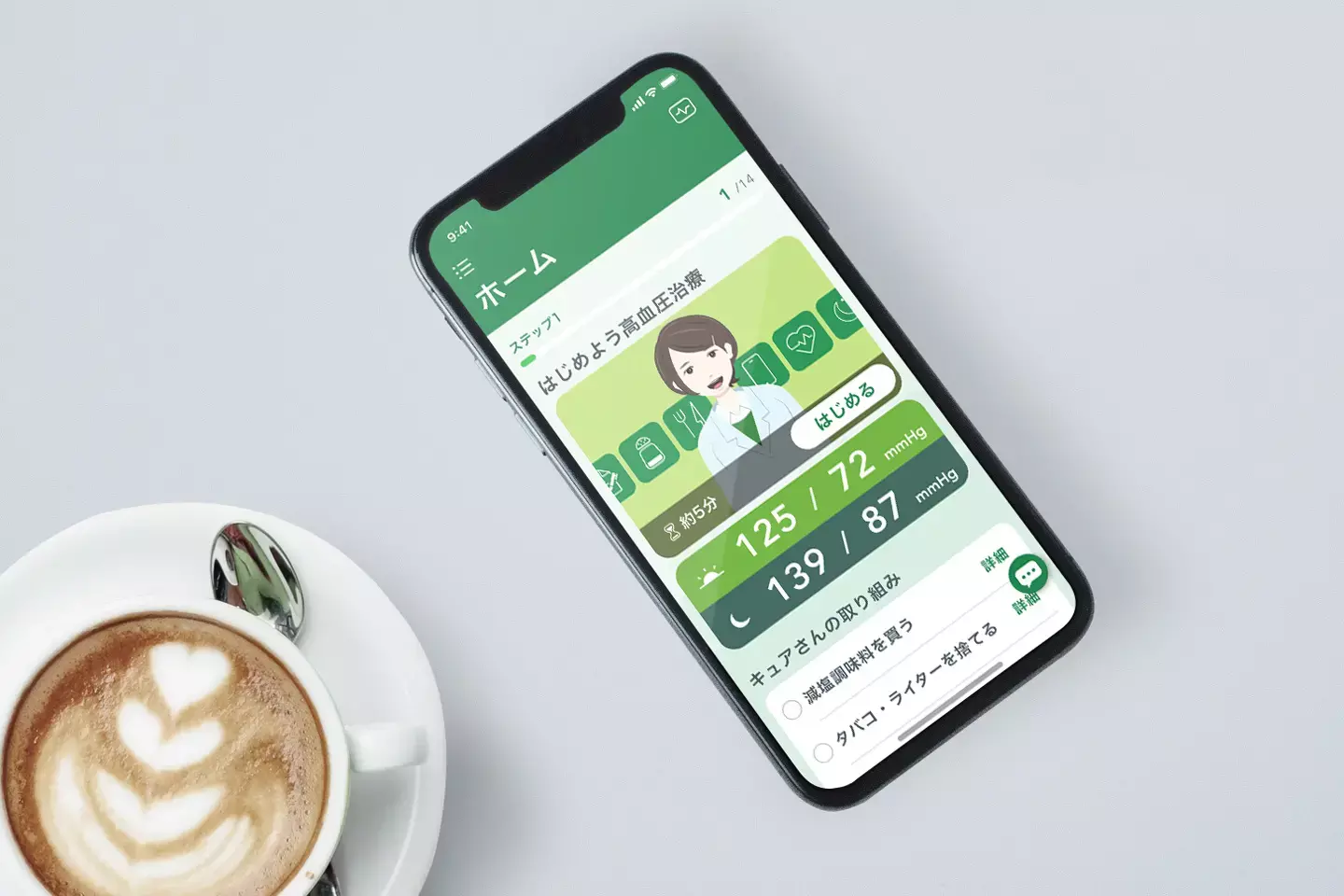- Home
- Medical news & Guidelines
- Anesthesiology
- Cardiology and CTVS
- Critical Care
- Dentistry
- Dermatology
- Diabetes and Endocrinology
- ENT
- Gastroenterology
- Medicine
- Nephrology
- Neurology
- Obstretics-Gynaecology
- Oncology
- Ophthalmology
- Orthopaedics
- Pediatrics-Neonatology
- Psychiatry
- Pulmonology
- Radiology
- Surgery
- Urology
- Laboratory Medicine
- Diet
- Nursing
- Paramedical
- Physiotherapy
- Health news
- Fact Check
- Bone Health Fact Check
- Brain Health Fact Check
- Cancer Related Fact Check
- Child Care Fact Check
- Dental and oral health fact check
- Diabetes and metabolic health fact check
- Diet and Nutrition Fact Check
- Eye and ENT Care Fact Check
- Fitness fact check
- Gut health fact check
- Heart health fact check
- Kidney health fact check
- Medical education fact check
- Men's health fact check
- Respiratory fact check
- Skin and hair care fact check
- Vaccine and Immunization fact check
- Women's health fact check
- AYUSH
- State News
- Andaman and Nicobar Islands
- Andhra Pradesh
- Arunachal Pradesh
- Assam
- Bihar
- Chandigarh
- Chattisgarh
- Dadra and Nagar Haveli
- Daman and Diu
- Delhi
- Goa
- Gujarat
- Haryana
- Himachal Pradesh
- Jammu & Kashmir
- Jharkhand
- Karnataka
- Kerala
- Ladakh
- Lakshadweep
- Madhya Pradesh
- Maharashtra
- Manipur
- Meghalaya
- Mizoram
- Nagaland
- Odisha
- Puducherry
- Punjab
- Rajasthan
- Sikkim
- Tamil Nadu
- Telangana
- Tripura
- Uttar Pradesh
- Uttrakhand
- West Bengal
- Medical Education
- Industry
Self-management tool in Smartphones enhances real-world BP monitoring and control: JAMA

A new study conducted by Tomer Gazit and team showed that a mobile technology hypertension self-management tool can help with long-term blood pressure control and extremely high blood pressure detection. Such systems have the potential to enhance real-world BP monitoring and control.
The findings of this study were published in the Journal of American Medical Association.
It's unknown if mobile technology hypertension self-management programs improve blood pressure (BP) control. As a result, this study was conducted to determine if participation in a hypertension self-management program that included a BP monitor and a smartphone app with clinically based digital coaching was linked with BP control during a three-year follow-up period.
The study setup was as follows: Between January 1, 2015, and July 1, 2020, this cohort research enrolled US people with high blood pressure or hypertension. The participant's (or their spouse's) employment health plan covered the hypertension self-management program. Normal, high, stage 1 hypertension, and stage 2 hypertension are the classifications for systolic and diastolic blood pressure measured by a US Food and Drug Administration–cleared BP monitor. Age, gender, depression, anxiety, diabetes, high cholesterol, smoking, geographic location, area deprivation index, self-reported weight, and device-measured physical activity were among the other factors considered
Most participants in this cohort study of 28 189 US adults with elevated blood pressure or hypertension who participated in a hypertension self-management program with a blood pressure monitor and connected smartphone app with clinically based digital coaching achieved and maintained lower blood pressure over a 3-year follow-up period.
In conclusion, participants in this trial achieved long-term BP control with a BP self-management approach that included a BP monitor linked to a smartphone app with automated lifestyle counselling on BP control. This empirical research implies that mobile technology might be beneficial for BP monitoring and control.
Reference:
Gazit T, Gutman M, Beatty AL. Assessment of Hypertension Control Among Adults Participating in a Mobile Technology Blood Pressure Self-management Program. JAMA Netw Open. 2021;4(10):e2127008. doi:10.1001/jamanetworkopen.2021.27008
Medical Dialogues consists of a team of passionate medical/scientific writers, led by doctors and healthcare researchers. Our team efforts to bring you updated and timely news about the important happenings of the medical and healthcare sector. Our editorial team can be reached at editorial@medicaldialogues.in.
Dr Kamal Kant Kohli-MBBS, DTCD- a chest specialist with more than 30 years of practice and a flair for writing clinical articles, Dr Kamal Kant Kohli joined Medical Dialogues as a Chief Editor of Medical News. Besides writing articles, as an editor, he proofreads and verifies all the medical content published on Medical Dialogues including those coming from journals, studies,medical conferences,guidelines etc. Email: drkohli@medicaldialogues.in. Contact no. 011-43720751


